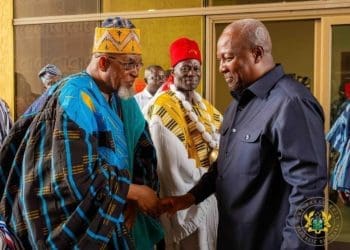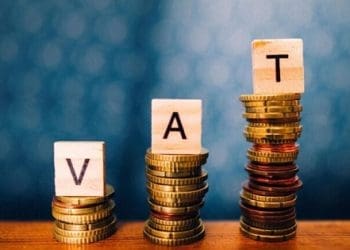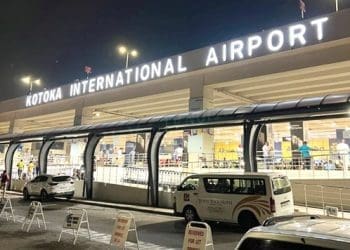The International Monetary Fund (IMF) has endorsed Ghana’s proposed utility tariff increases, describing them as crucial for fixing inefficiencies and attracting investment into the electricity sector.
The IMF’s Director of Communications, Julie Kozack, addressing the media in Washington, D.C., on Thursday, September 11, 2025, said the Fund’s support is tied to the broader goal of restoring financial stability in the energy sector.
She explained that “What is essential from our perspective is that any tariff adjustments in the electricity sector aim to address longstanding inefficiencies in the sector, importantly, that they support much-needed investment in the electricity sector, and also that they are aimed at preventing the accumulation of arrears in the energy sector.”
Ms. Kozack stressed that the backing of the IMF extends beyond tariff adjustments.
“More generally, we are continuing to support broader sector reform, including private sector participation in ECG operations,” she stated.
She added that these reforms are part of ongoing measures to enhance the performance of state-owned enterprises and reduce fiscal risks.
Her reactions come after the Electricity Company of Ghana (ECG) wants tariffs to be increased by 224% in the Distribution Service Charge (DSC1) over the 2025–2029 tariff period.

The ECG defended its proposal for a 224% tariff increase, stressing that the adjustment—from GHp19.0875/kWh to an average of GHp61.8028/kWh—is essential to restoring financial stability and guaranteeing sustainable service delivery.
The company attributed the request to persistent economic pressures, including inflation, exchange rate fluctuations, rising interest costs, and the need to fully recover investment outlays.
According to ECG’s five-year financial outlook, annual revenue requirements will average GHS 9.1 billion, driven by climbing operational expenses, human resource costs, depreciation, capital recovery obligations, and taxes.
The utility argues that only a significant tariff overhaul can meet these rising commitments.
Also, the Ghana Water Limited (GWL) has urged the PURC to approve a 281 per cent increase in its water tariff, proposing a jump from GH¢5.28 per cubic metre to GH¢20.09 per cubic metre.
If approved by the PURC, the adjustment will apply during the 2025–2029 regulatory period.
The GWL explained that the sharp hike is necessary to clear its debt overhang and cope with rising operational costs, particularly the pollution of raw water sources and foreign exchange pressures affecting the purchase of imported equipment and chemicals.
The company warned that without this adjustment, sustaining a water supply and funding infrastructure expansion will be difficult.
At a public hearing on the utility’s proposal, Michael Klutse, Manager in Charge of Monitoring at GWL, said the company cannot continue to deliver reliable services under the current tariff levels.












